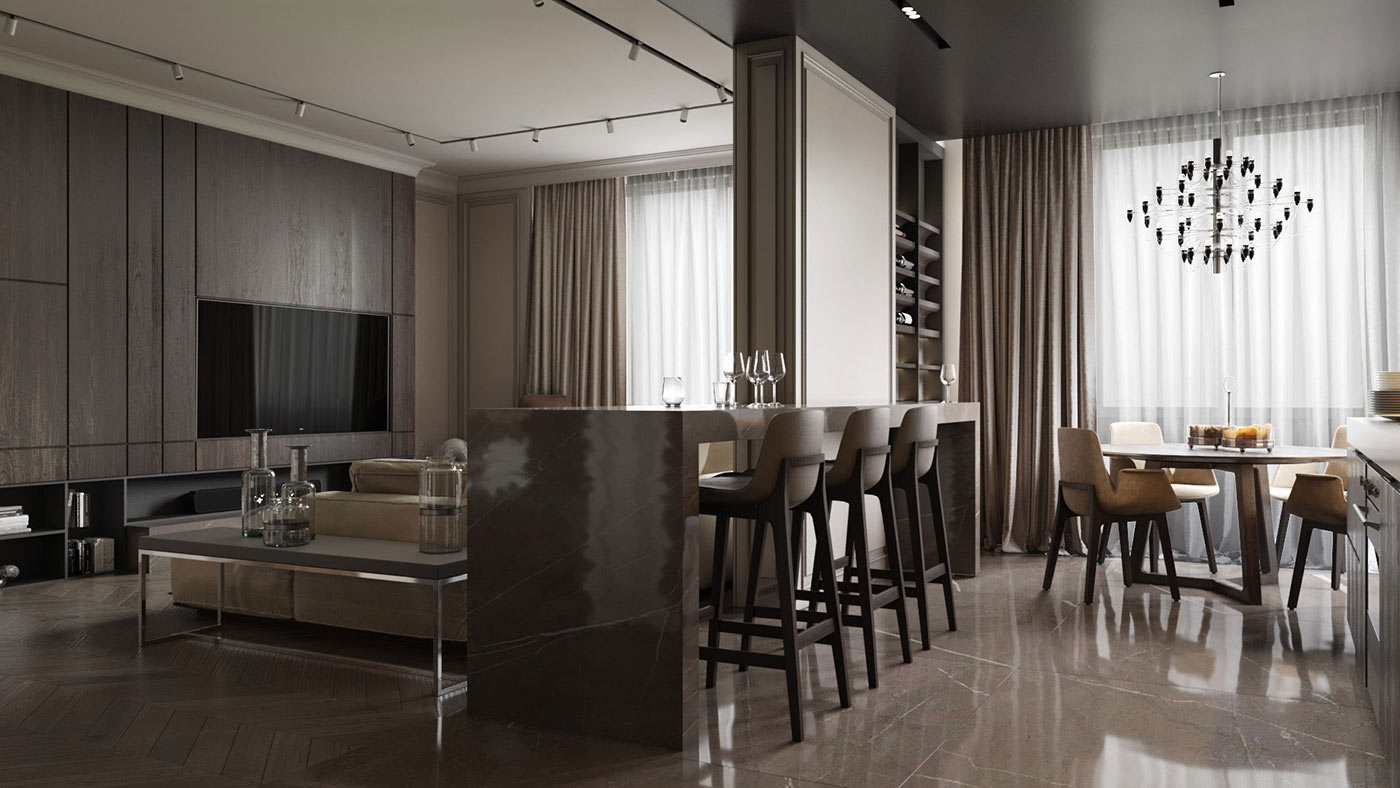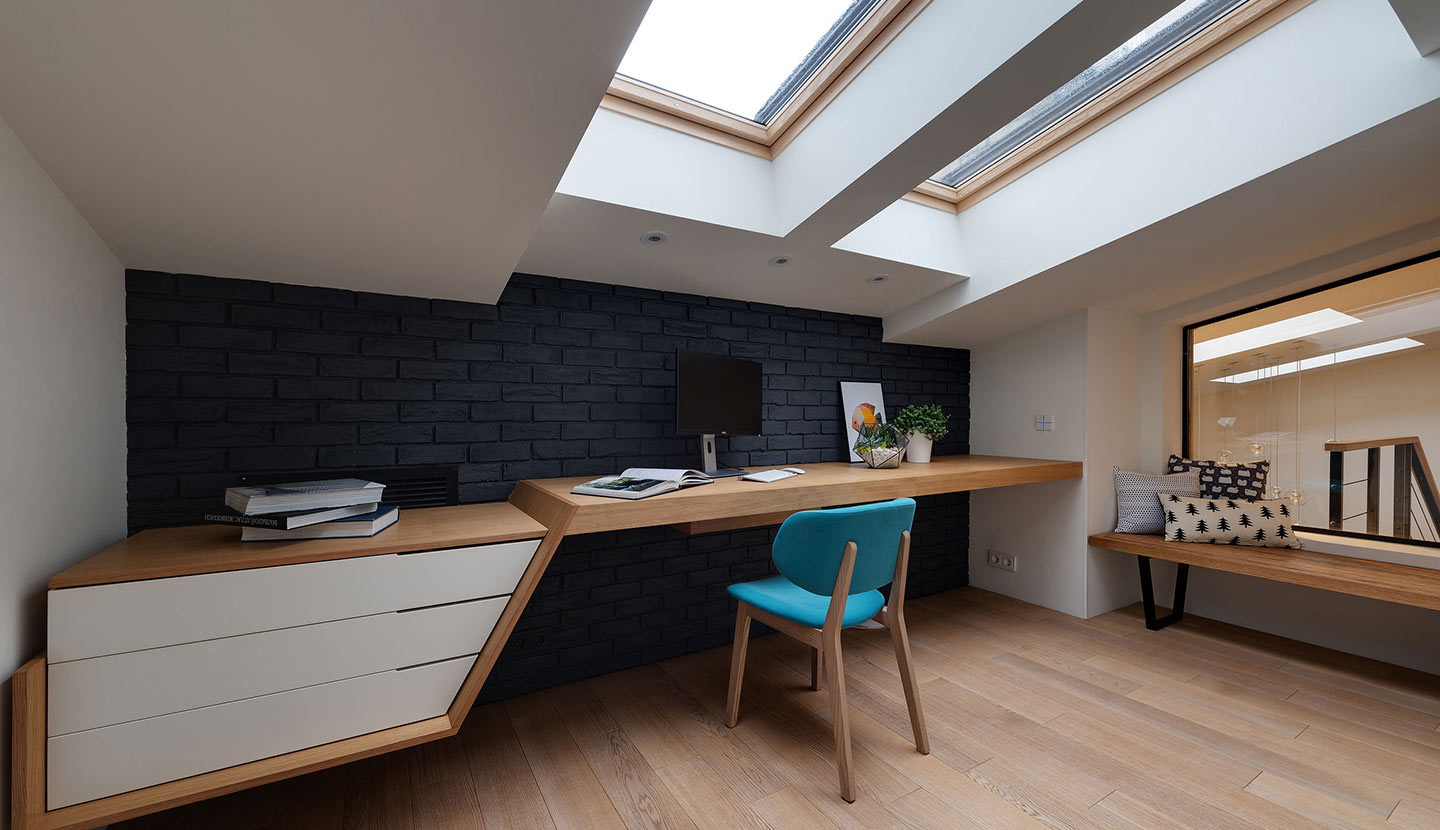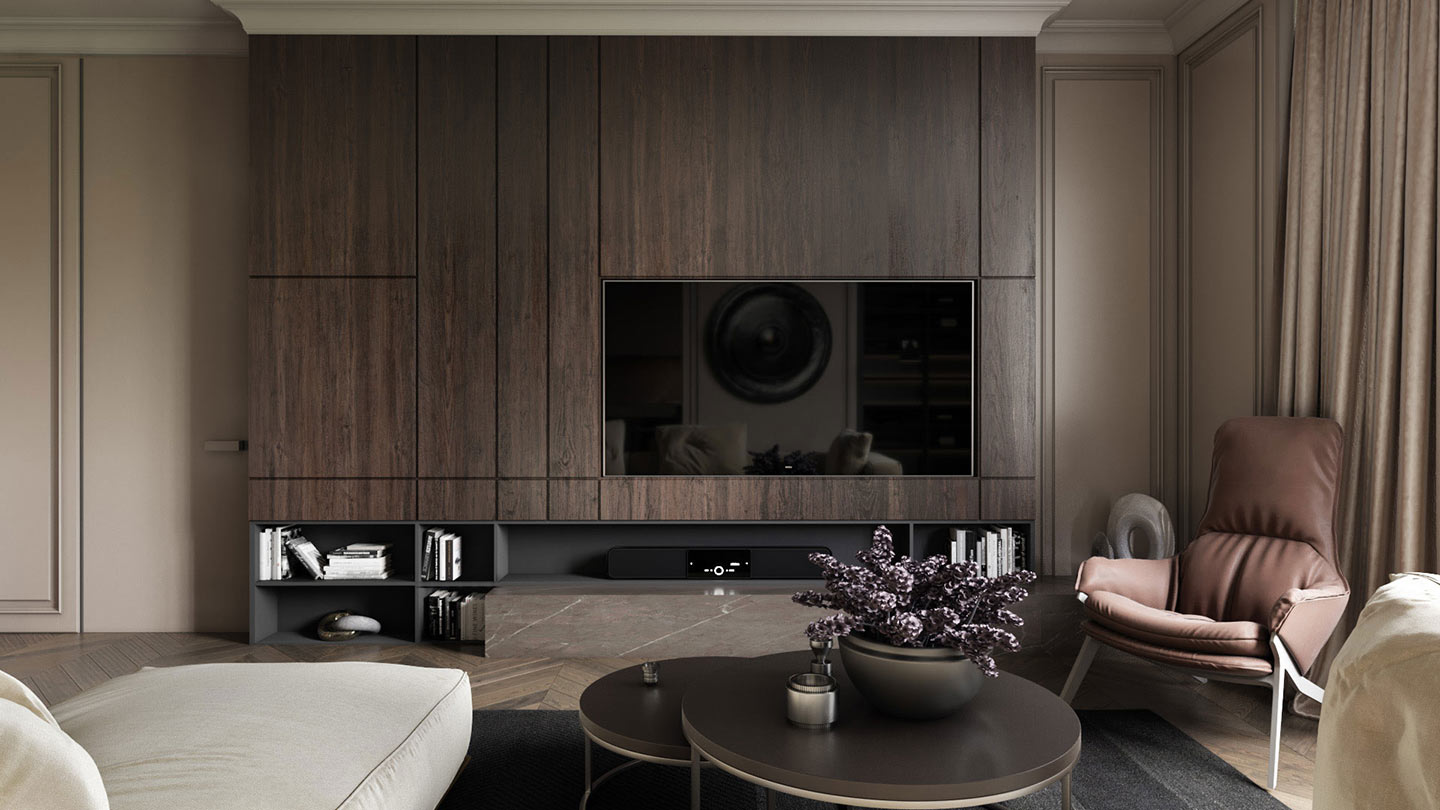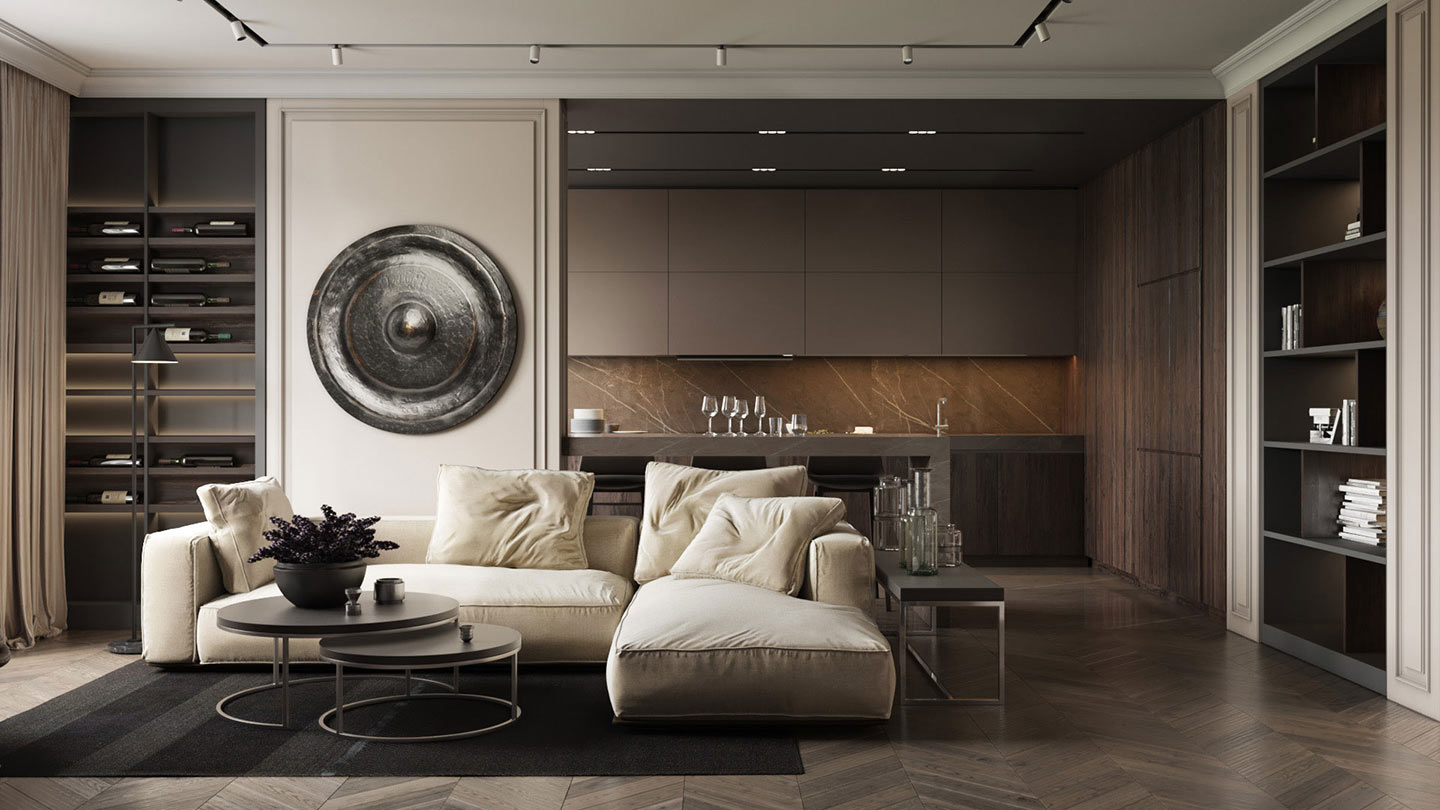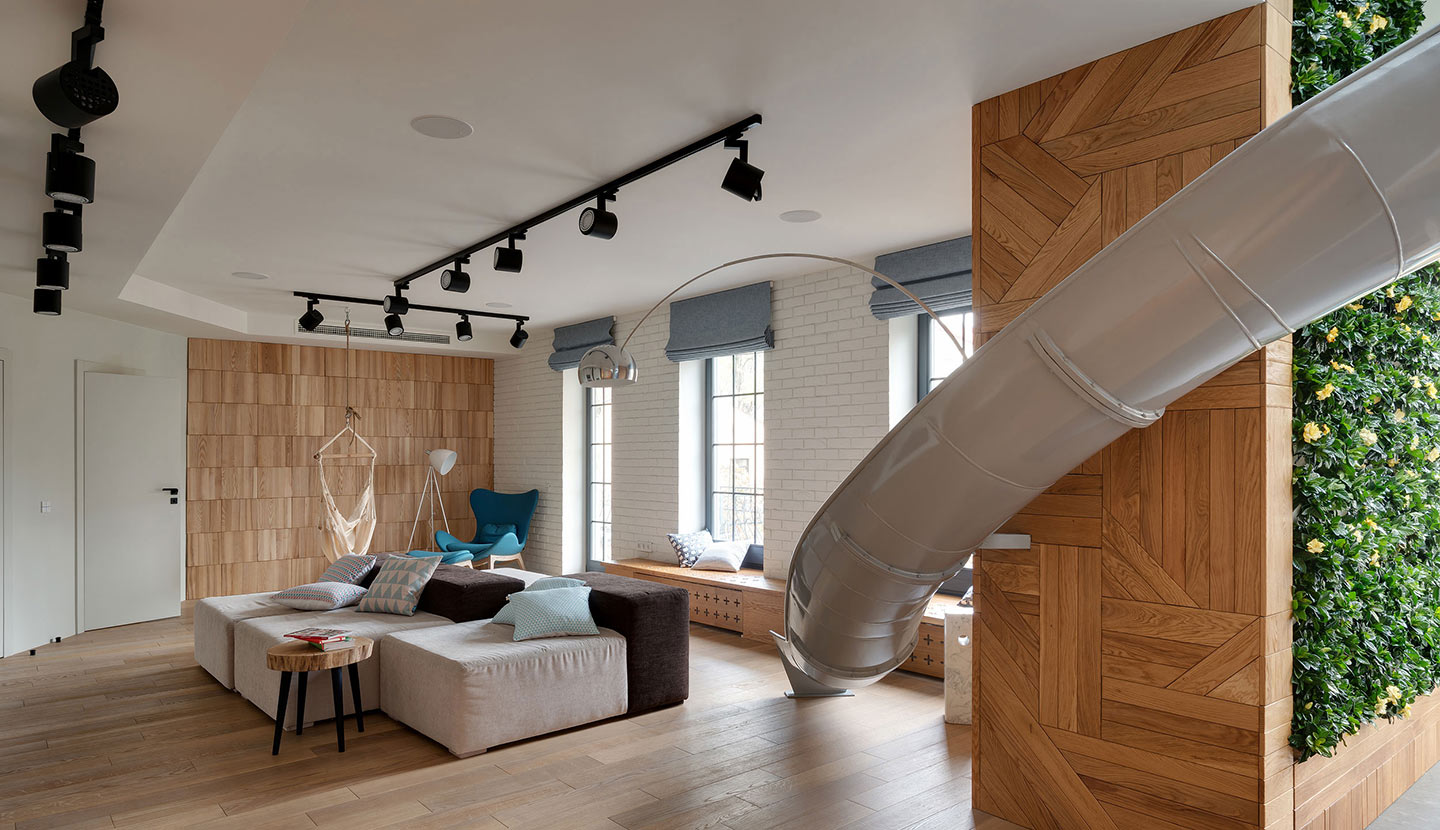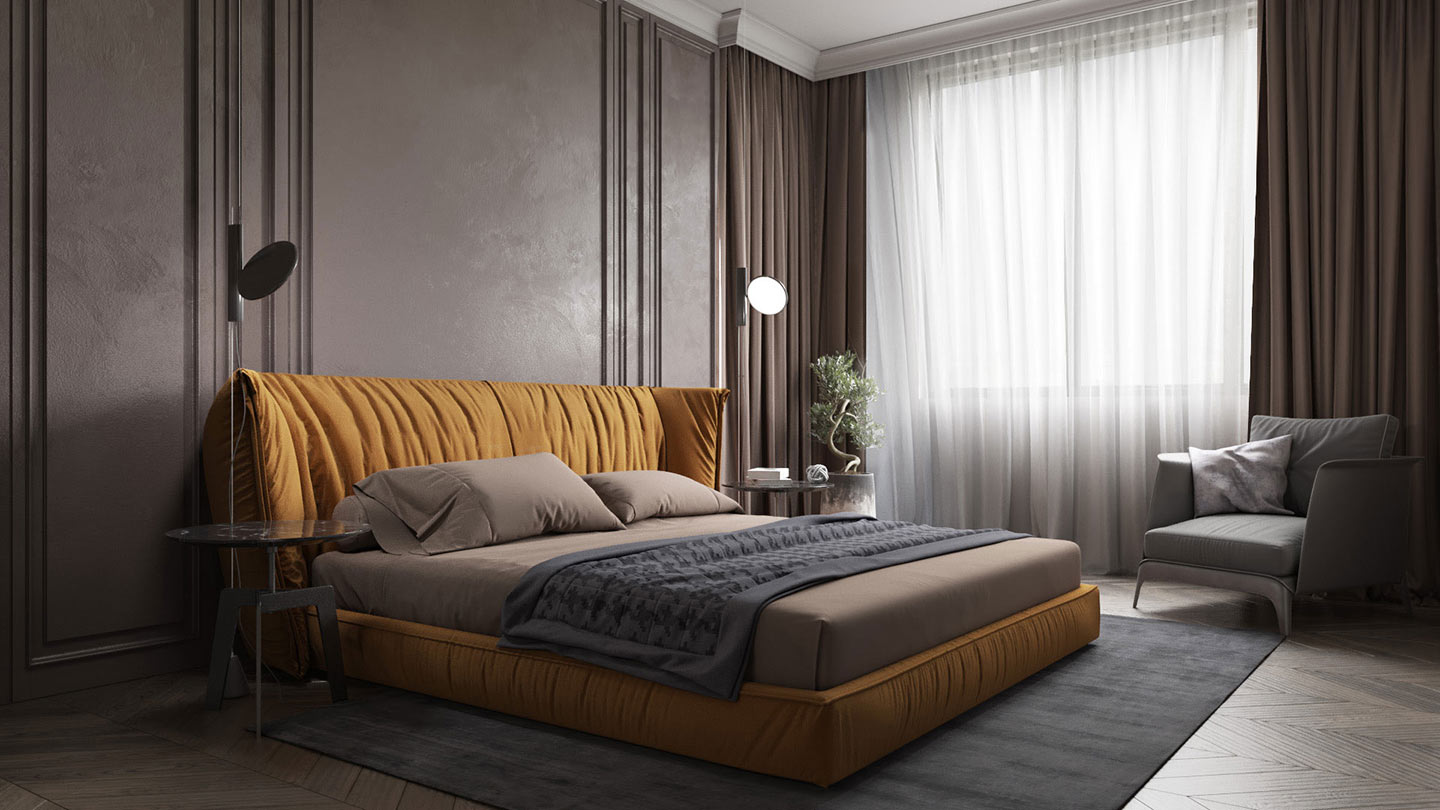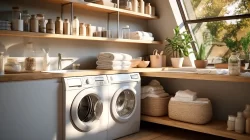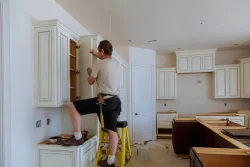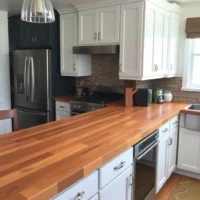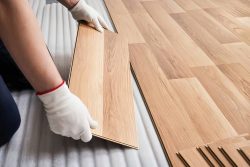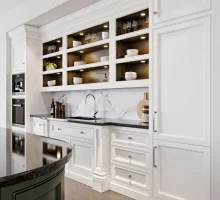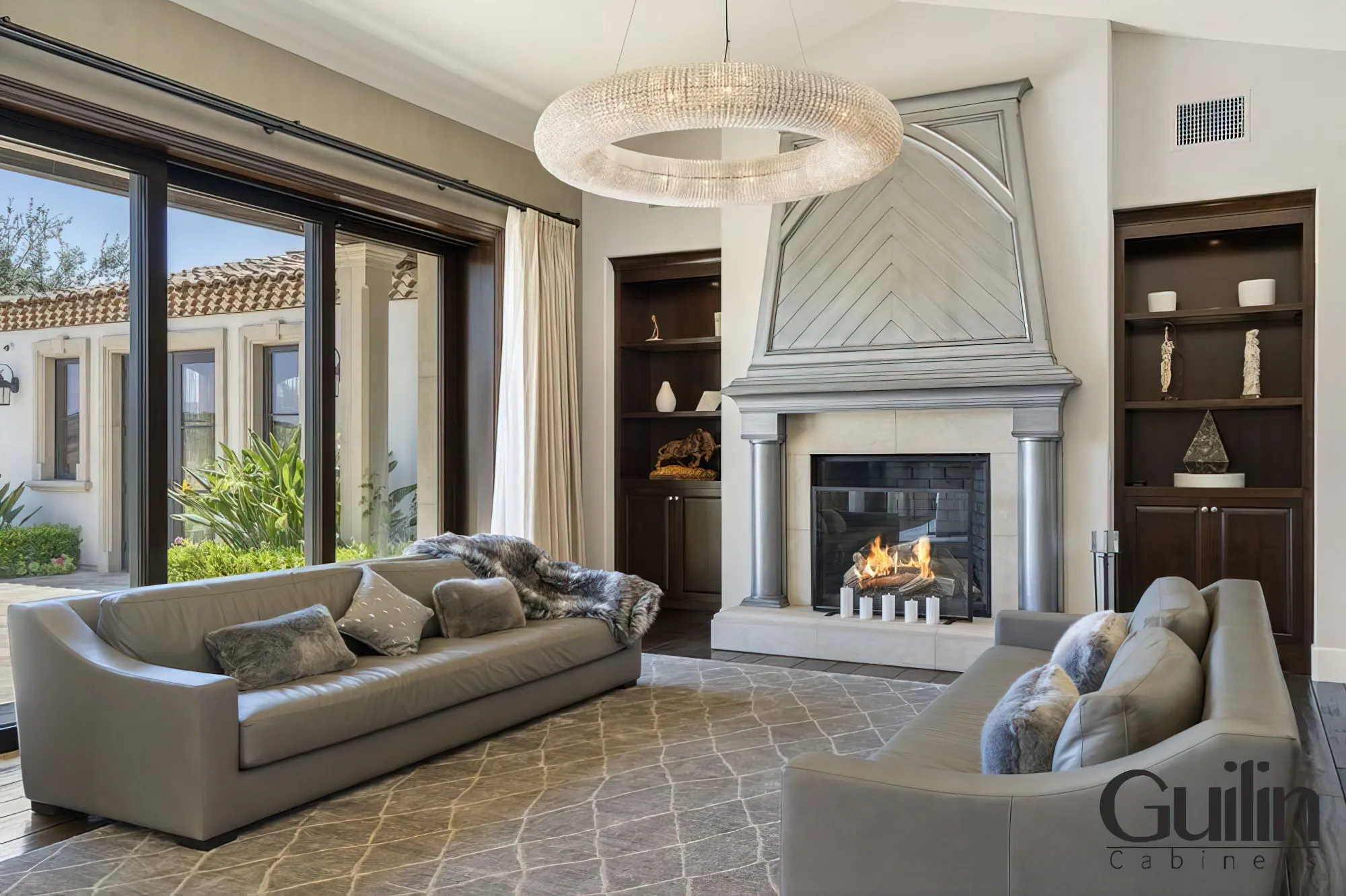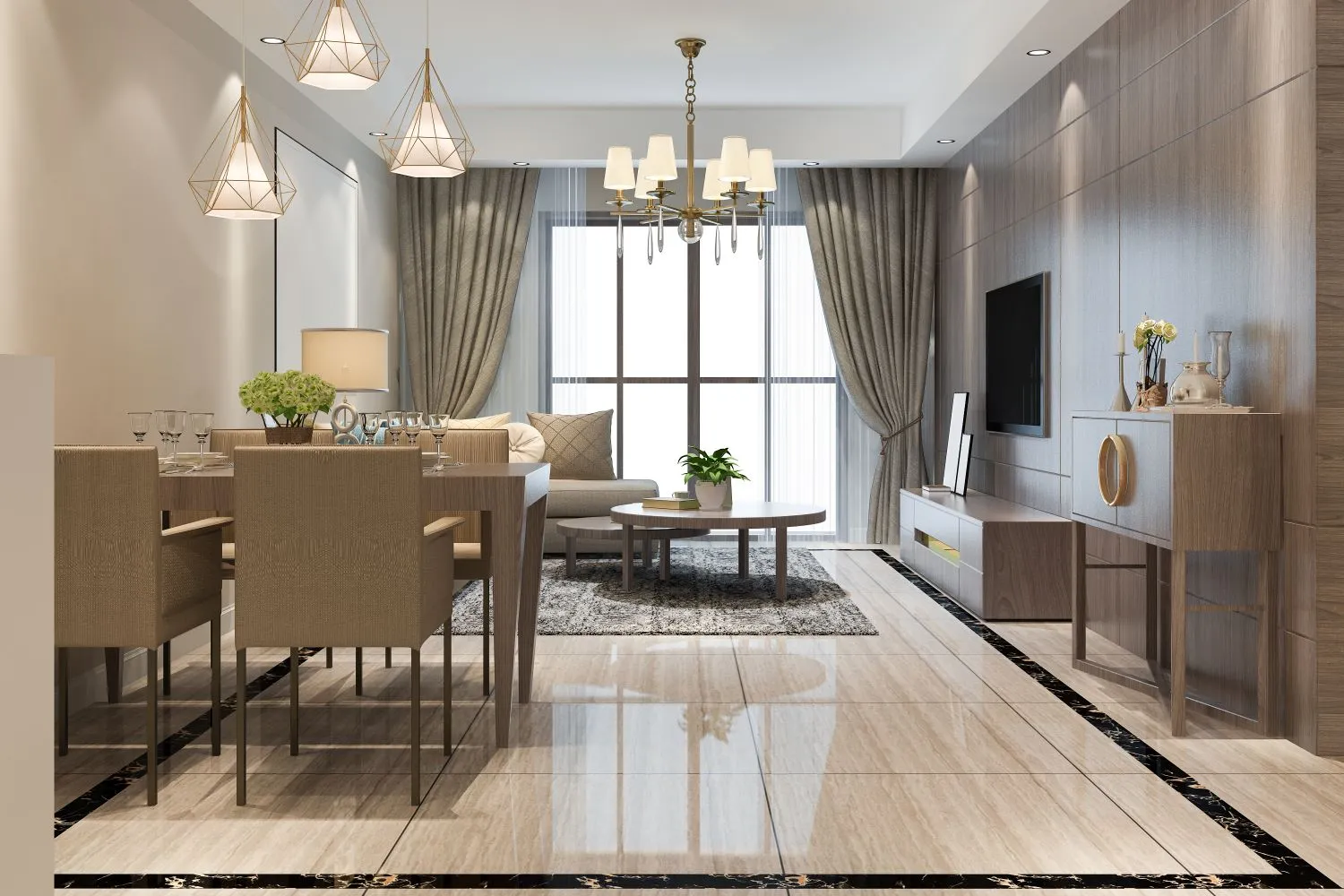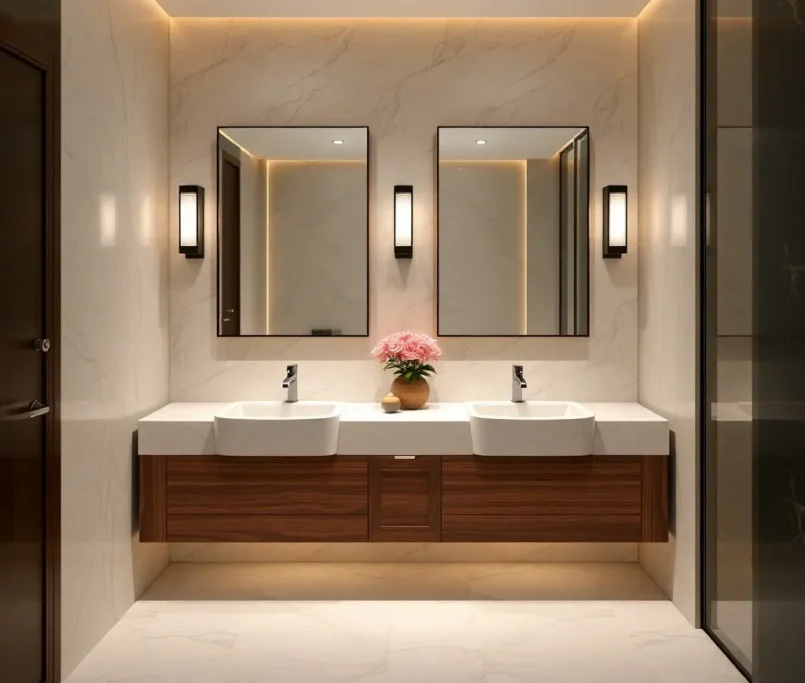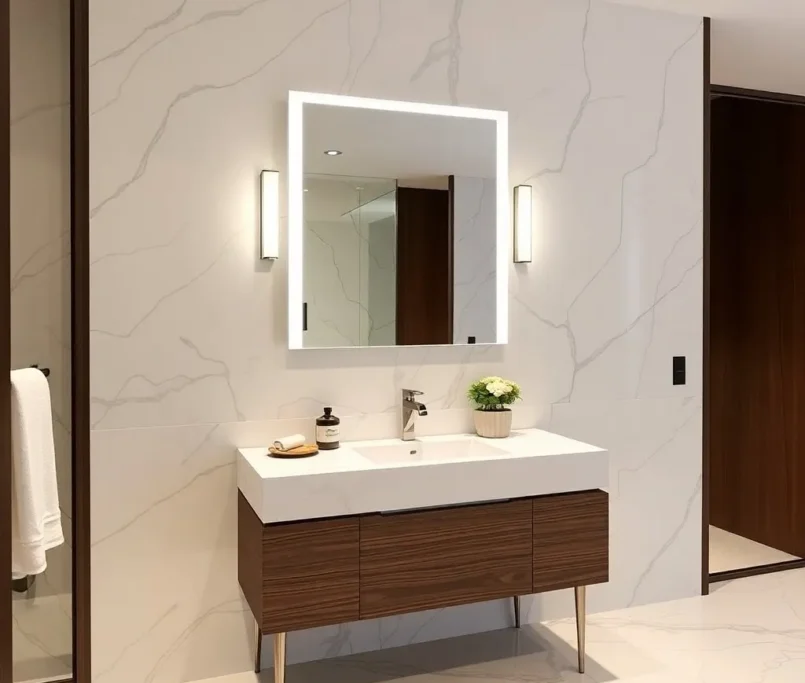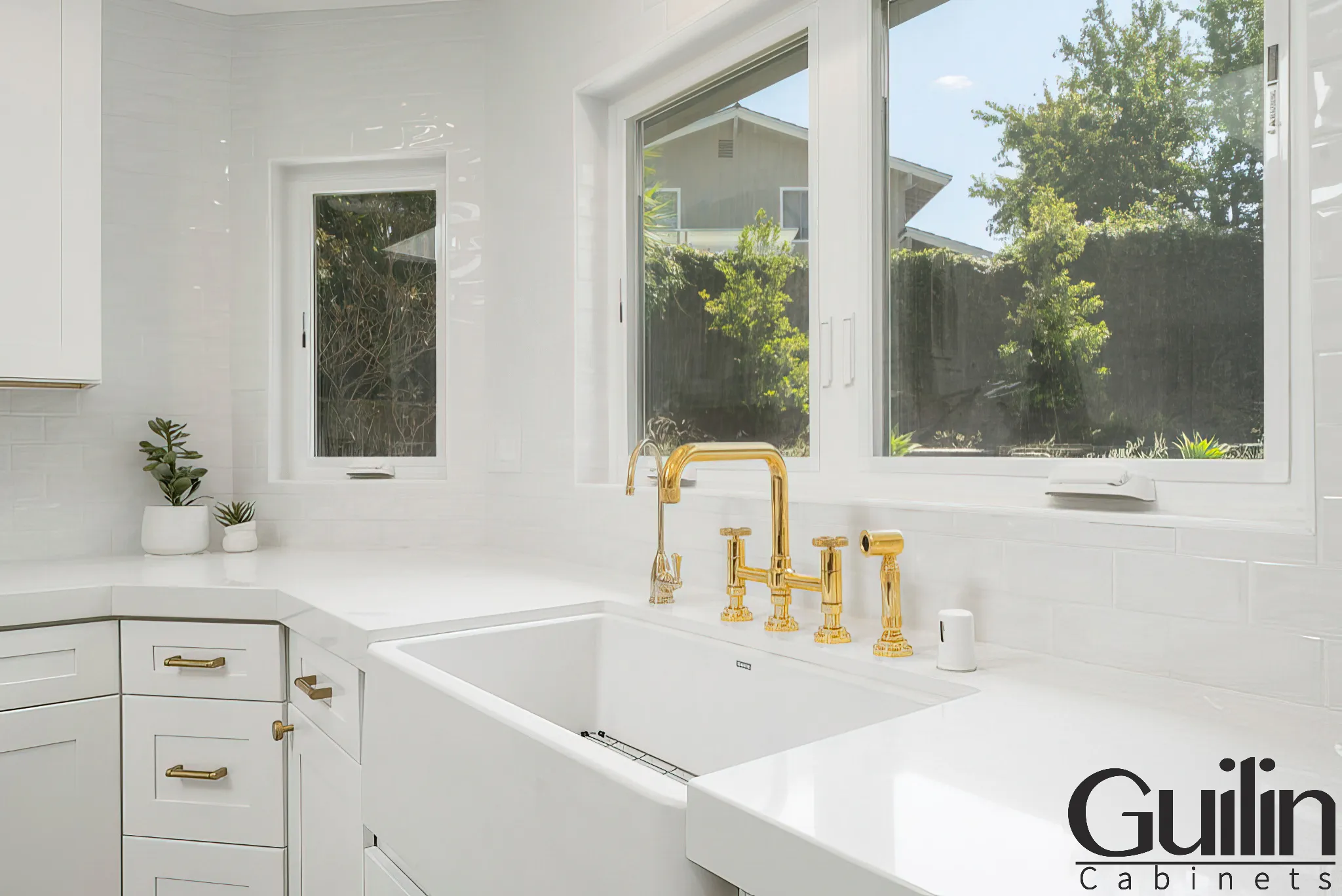
With all the potential changes they may bring to your home, choosing between fixed and casement windows might seem like an overwhelming undertaking. You may improve your home’s energy efficiency while simultaneously improving its look and functioning by learning about the benefits and drawbacks of each type. If you’re trying to pick between fixed and casement windows, this article will help you understand the distinctions between the two and make an informed decision.
Fixed Windows Explained
Before we delve into the comparison between fixed windows and casement windows, let’s first understand what fixed windows are. Fixed windows, also known as picture windows, are windows that cannot be opened or closed. They are designed to provide unobstructed views and are often used in combination with other types of windows to create a unique architectural statement for your home.
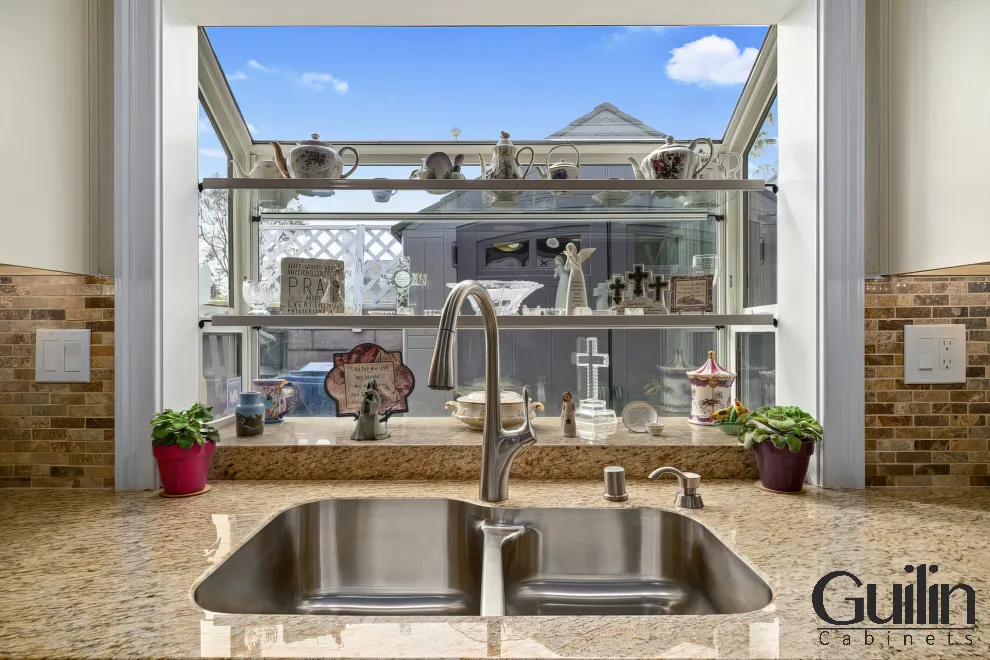
Fixed windows are known for their unmatched views and the natural light they bring into your home. Since they cannot be opened, they are sealed shut, providing excellent insulation and helping to reduce energy costs. These windows are also low-maintenance as they do not have any moving parts that can wear out over time.
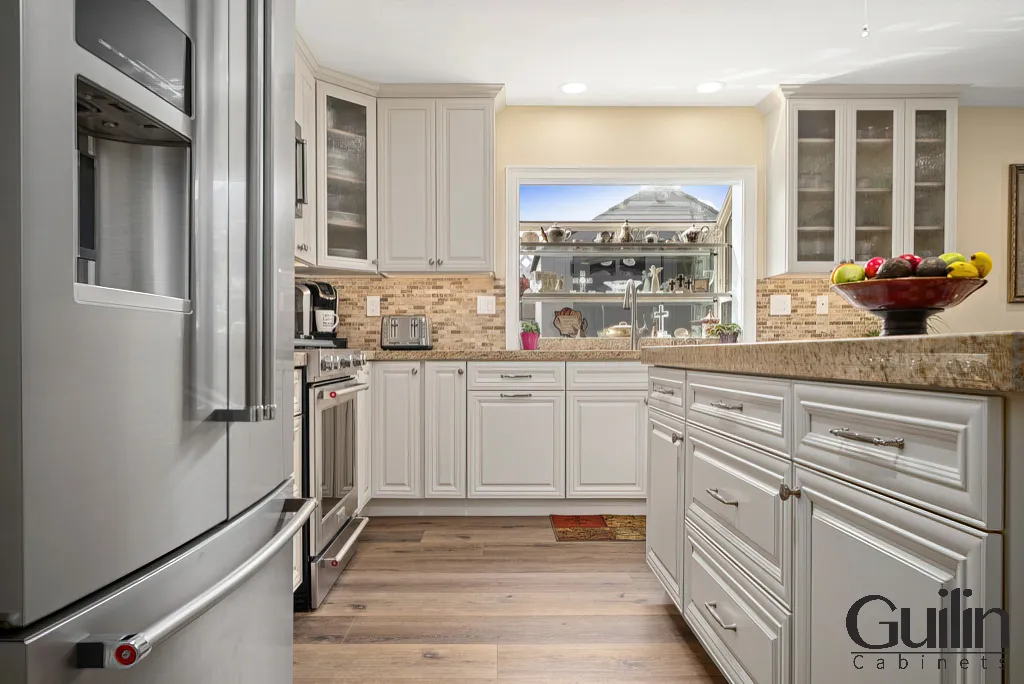
Pros and Cons of Fixed Windows
There are a number of advantages and disadvantages to fixed windows that you should think about. For a list of the pros and cons of fixed windows, check the table below.
| Pros | Cons |
| Unobstructed Views | Cannot be opened for ventilation |
| Energy Efficiency | No airflow |
| Low Maintenance | Fixed glass may be harder to clean |
| No Drafts | No emergency egress |
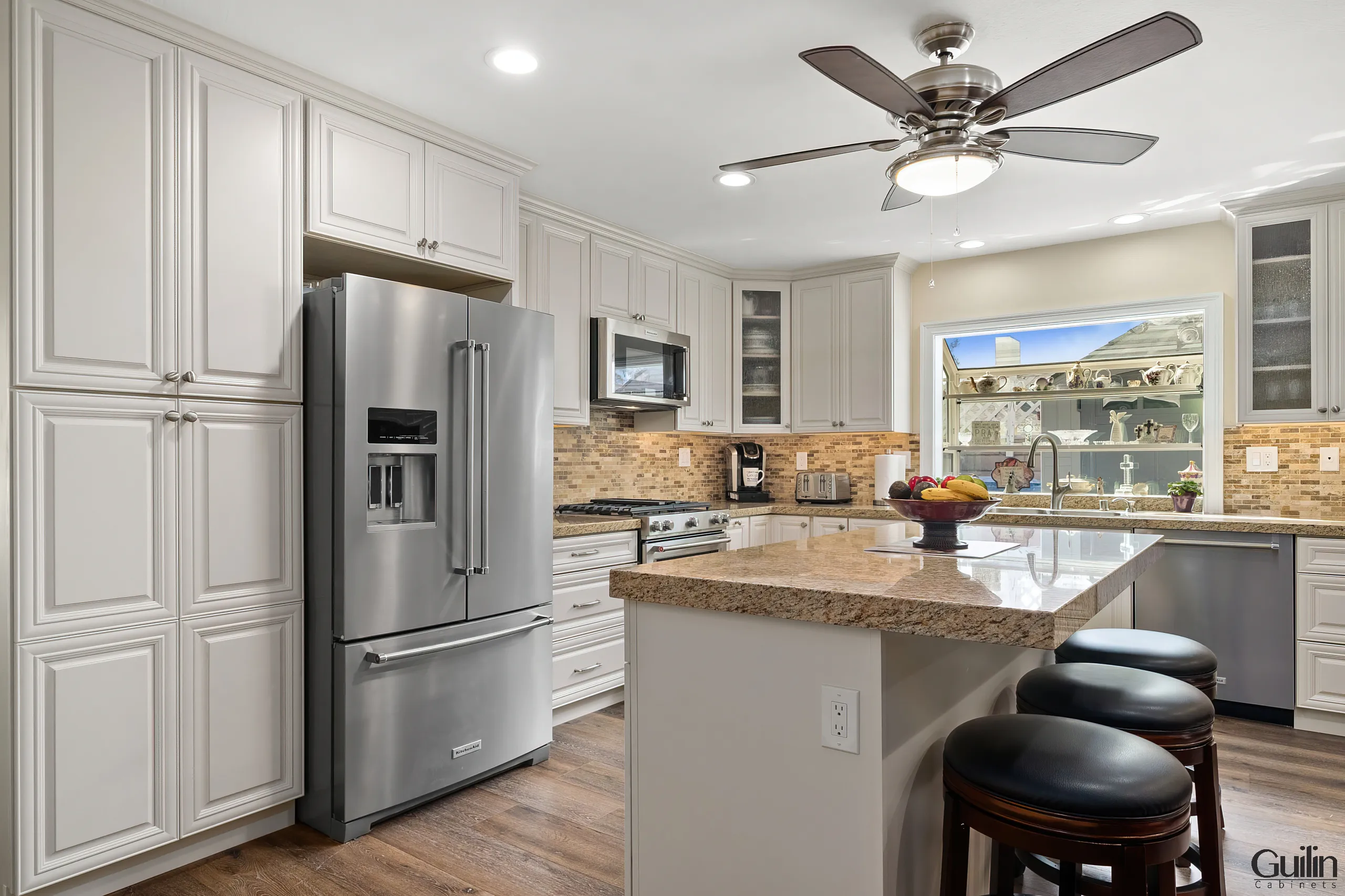
Fixed windows are perfect for rooms with beautiful views that you want to showcase, such as living rooms, dining rooms, or bedrooms. They are also great for architectural designs that require large, non-operable windows to bring in natural light and make a statement. If you prioritize energy efficiency and low maintenance, fixed windows might be the right choice for you.
Casement Windows Unveiled
You may be asking what makes casement windows different from other types of windows if you’re thinking about installing them in your home. Maximum ventilation and unimpeded views are provided by casement windows, which open outward and are hinged at the side. To assist you in making a well-informed decision for your home, let’s examine casement windows in more detail, including their features, advantages and disadvantages, and the best ways to install them.
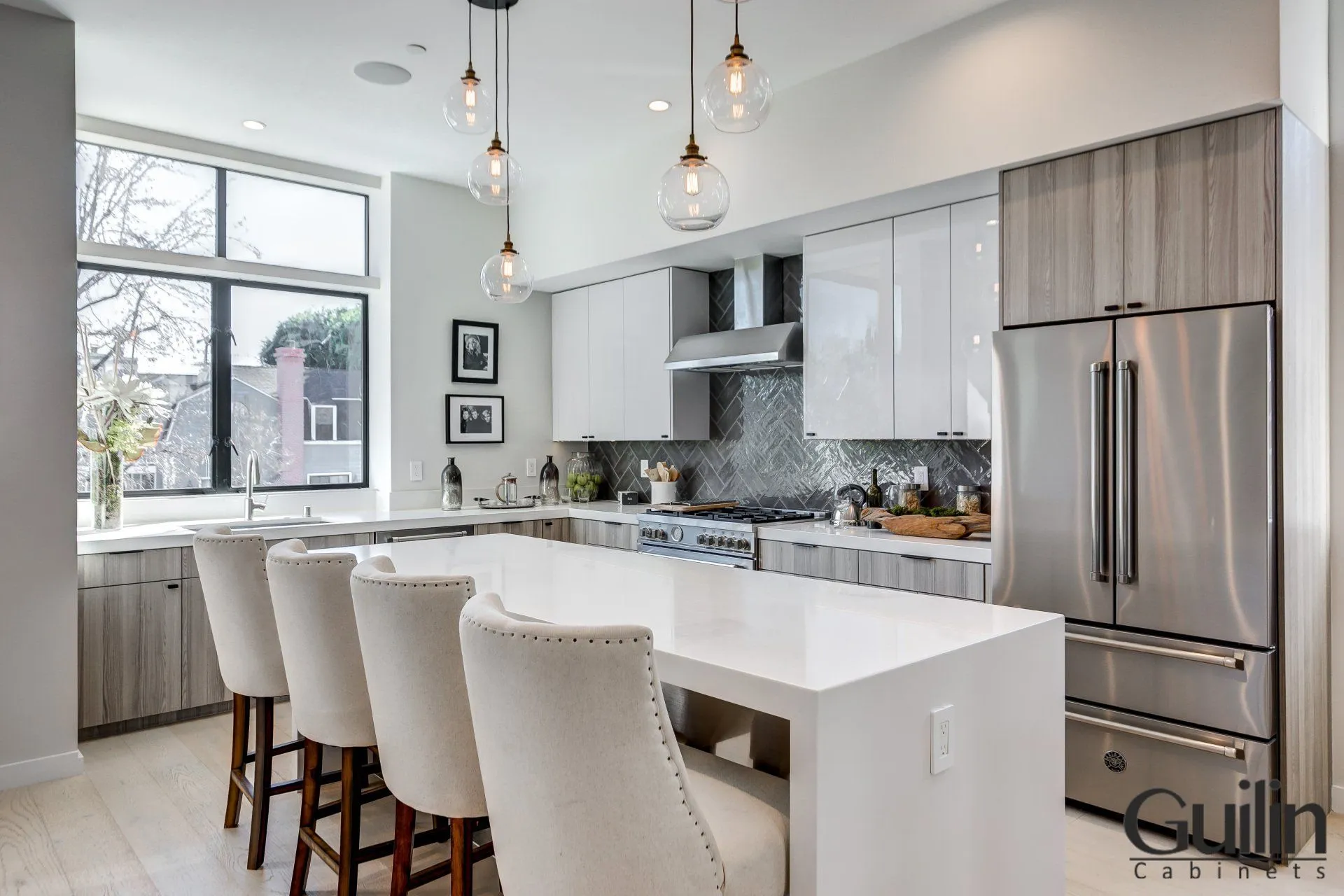
Casement windows are known for their unique features, including a single sash that is hinged on one side and opens outward with the help of a crank or handle. This design allows for smooth operation and excellent airflow control. The sash also creates an airtight seal when closed, making casement windows highly energy-efficient. Additionally, their unobstructed views and easy cleaning make them a popular choice for many homeowners.
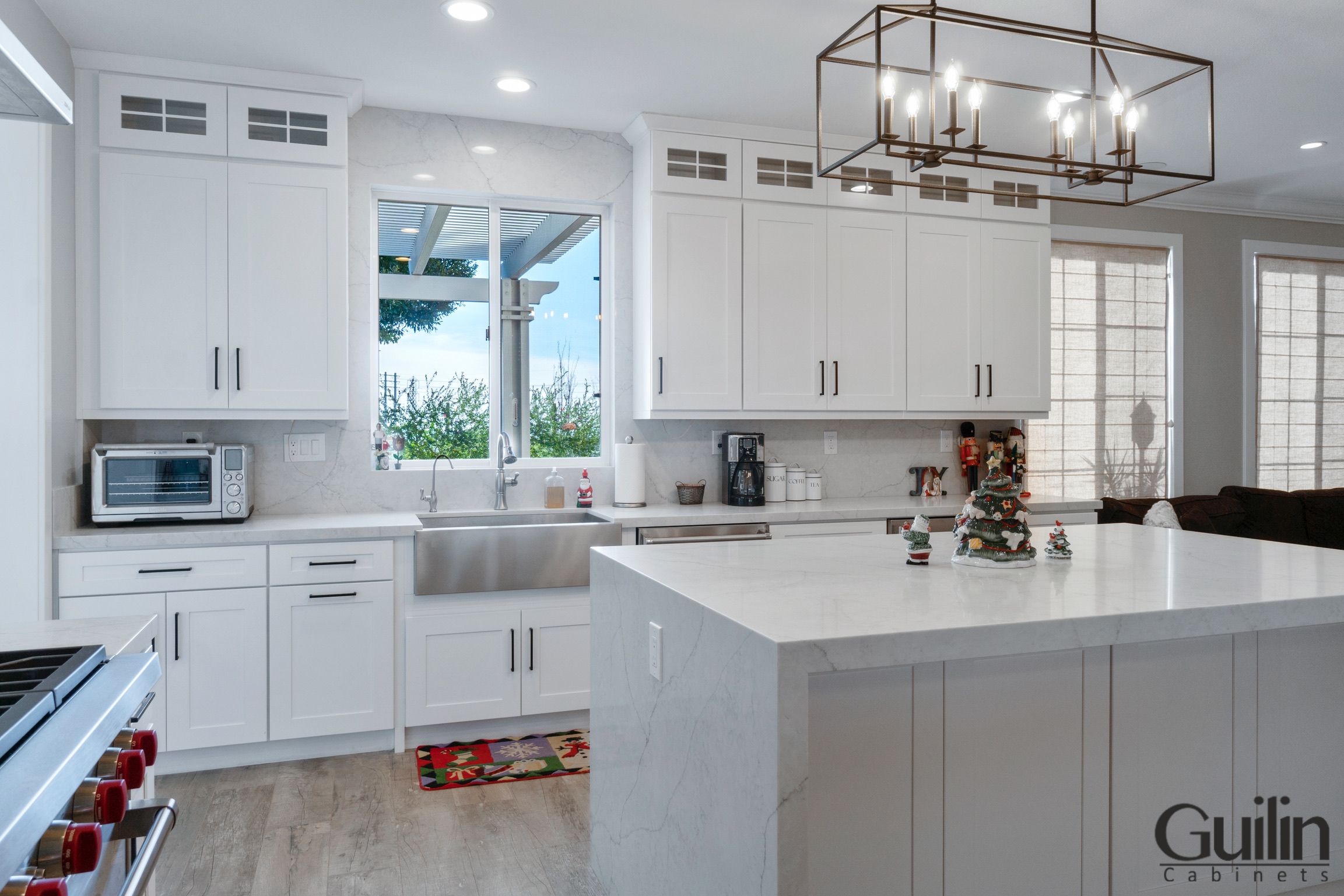
Pros and Cons of Casement Windows
You should think carefully about the benefits and drawbacks of casement windows before deciding to install them in your home. To help you decide if casement windows are right for you, we’ve included a table outlining their benefits and drawbacks.
| Pros | Cons |
| Excellent ventilation | Potential for wind damage if left open during a storm |
| Energy-efficient | Can be more expensive than other window styles |
| Unobstructed views | May not be suitable for all architectural styles |
| Easy maintenance | May require more frequent maintenance for the hinges and seals |
As you weigh the pros and cons, consider the ideal uses for casement windows in your home. Their excellent ventilation makes them a great choice for areas like the kitchen, bathroom, or any room where airflow is important. Their unobstructed views and ease of operation also make them a popular choice for bedrooms, living rooms, and other areas where natural light is valued. With their energy efficiency and airtight seal, casement windows can also help reduce energy costs in your home.
Comparative Analysis: Fixed vs. Casement Windows
Lastly, let’s take a look at a comparative analysis of fixed windows and casement windows to help you make an informed decision for your home.
| Factors | Fixed Windows | Casement Windows |
| Energy Efficiency | Excellent seal insulation but limited ventilation | Good seal and can be opened fully for maximum airflow |
| Ventilation and Airflow | Limited airflow due to fixed panes | Excellent ventilation when fully opened |
| Maintenance and Ease of Use | Low-maintenance, no moving parts | Require regular maintenance of hinges and seals |
| Security and Safety | Can be vulnerable to break-ins | Offers better security with a multipoint locking system |
| Aesthetics and Design Flexibility | Limiting in terms of design options | Offers a modern and sleek look with flexible design options |
Energy Efficiency
Fixed windows are the clear winner for energy efficiency. Their excellent seal makes them a great choice for keeping cool air inside in summer and warm air inside in winter. They are also more durable and longer lasting than operable windows, making them a more cost-effective choice in the long run.
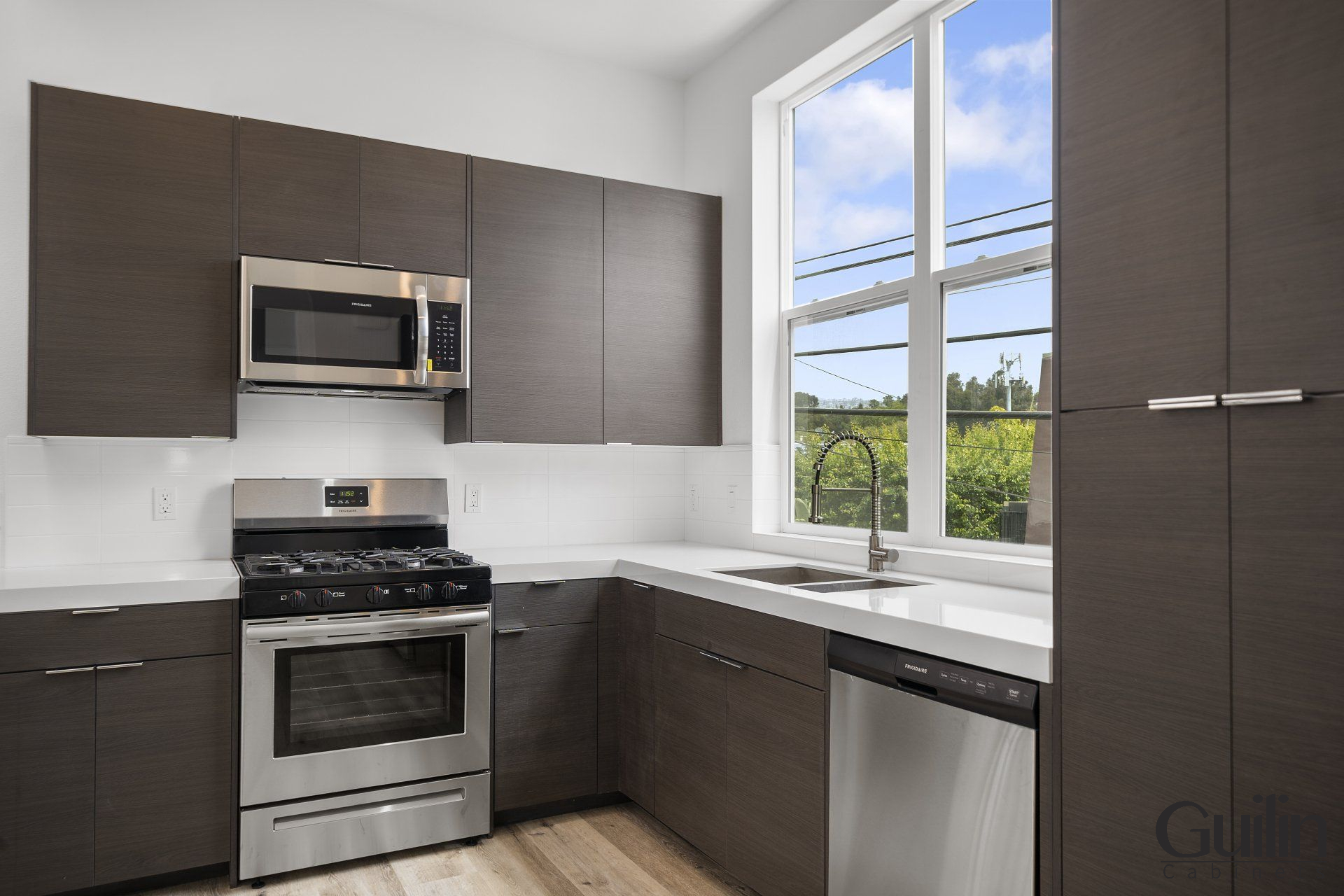
Ventilation and Airflow
While casement windows offer excellent fully opened ventilation, fixed windows have limited airflow due to their immovable panes. If good ventilation is a top priority for you, casement windows would be the way to go.
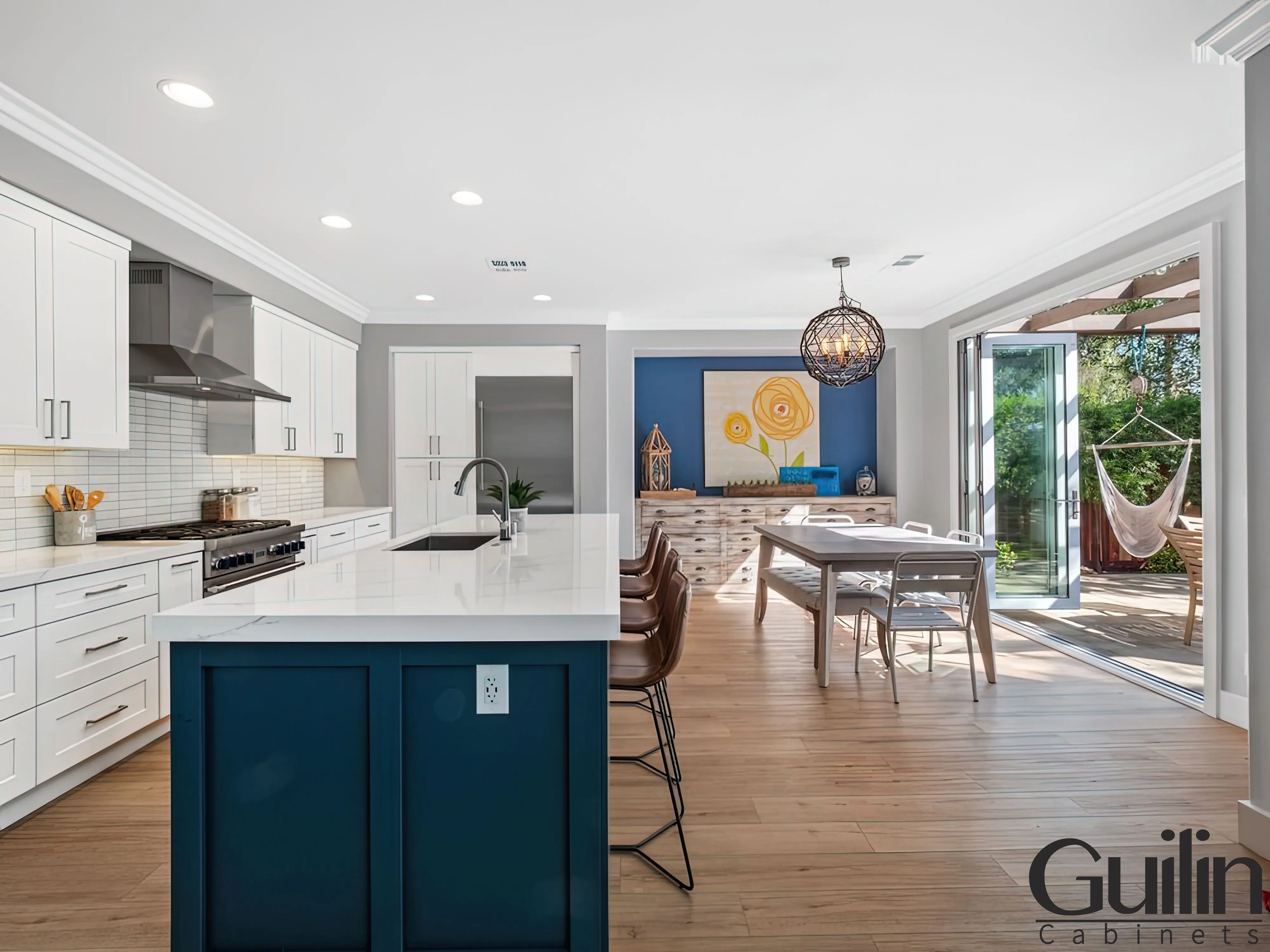
Maintenance and Ease of Use
Because fixed windows don’t have any moving parts, fixed windows are low maintenance. Conversely, casement windows require consistent upkeep of their seals and hinges. You might want to consider fixed windows if you’re seeking low-maintenance alternatives.
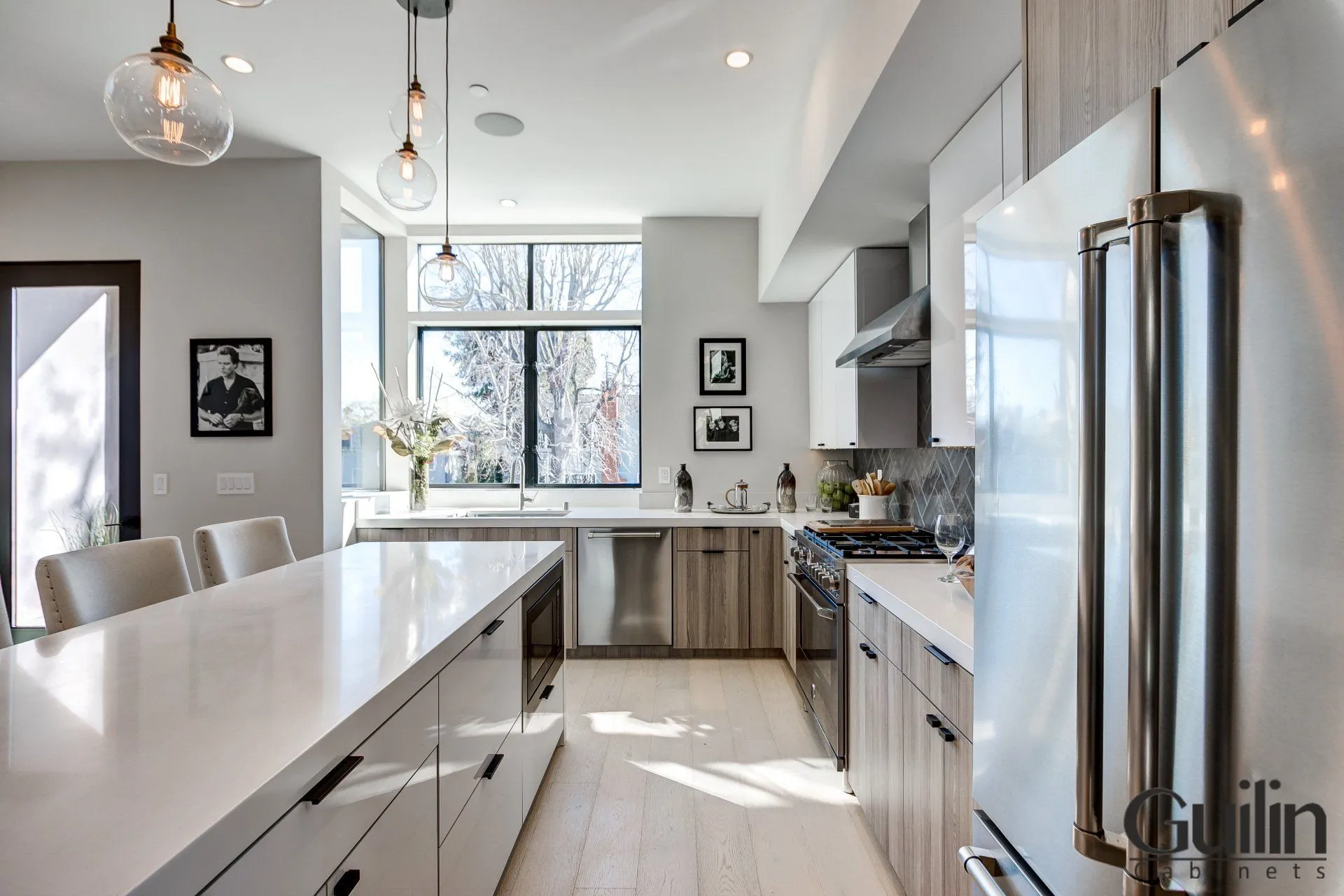
Security and Safety
Casement windows also offer better security with their multipoint locking system, making them more secure against break-ins compared to fixed windows. If safety is a concern for you, casement windows would be the safer option.
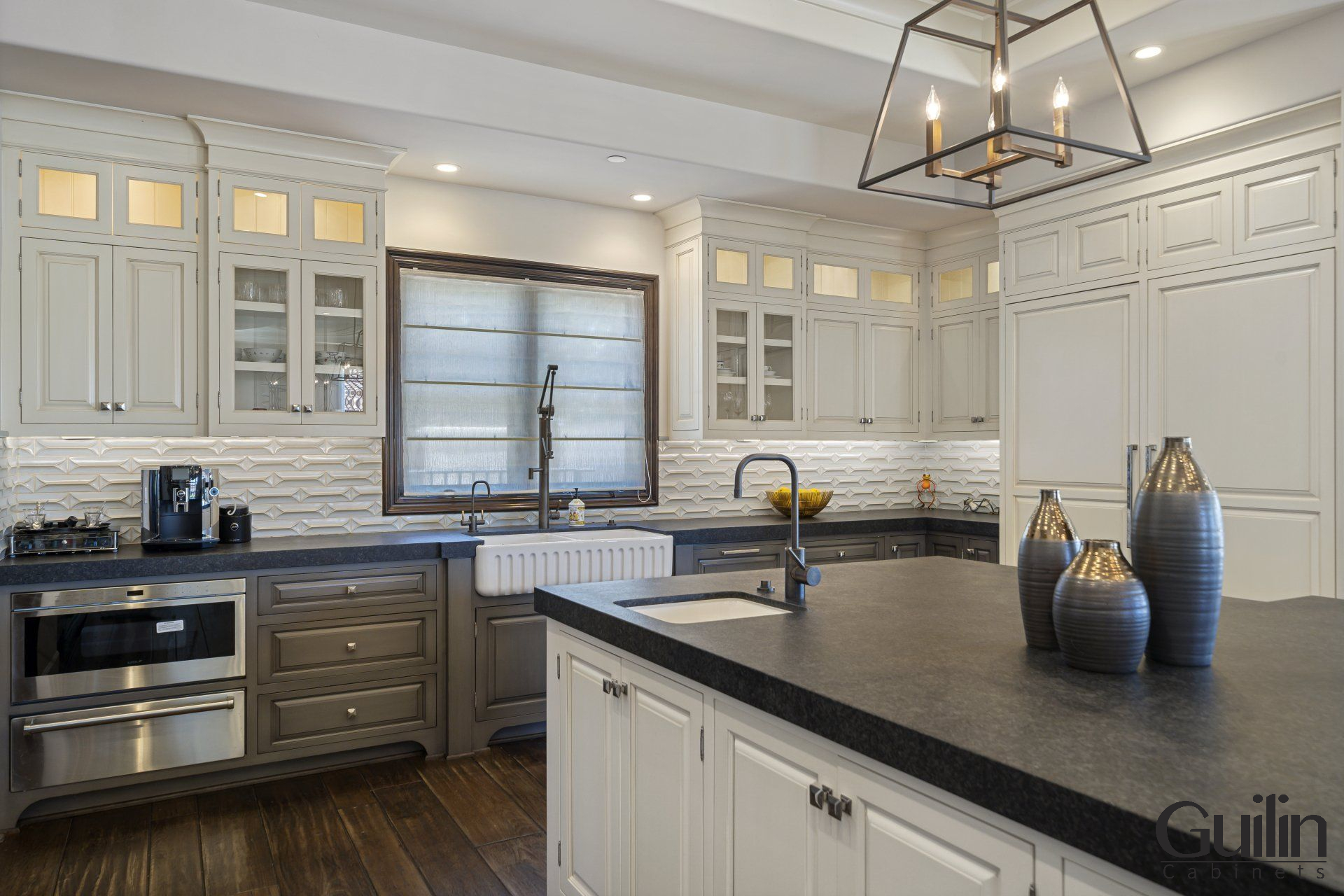
Aesthetics and Design Flexibility
In terms of aesthetics and design, casement windows offer a modern and sleek look with flexible design options, while fixed windows can be limiting. If you value design flexibility and a contemporary look, casement windows might be the better choice for your home. By considering these factors and weighing the pros and cons, you can make an informed decision on whether fixed or casement windows are better suited for your home. Ultimately, the choice will depend on your specific needs and preferences.
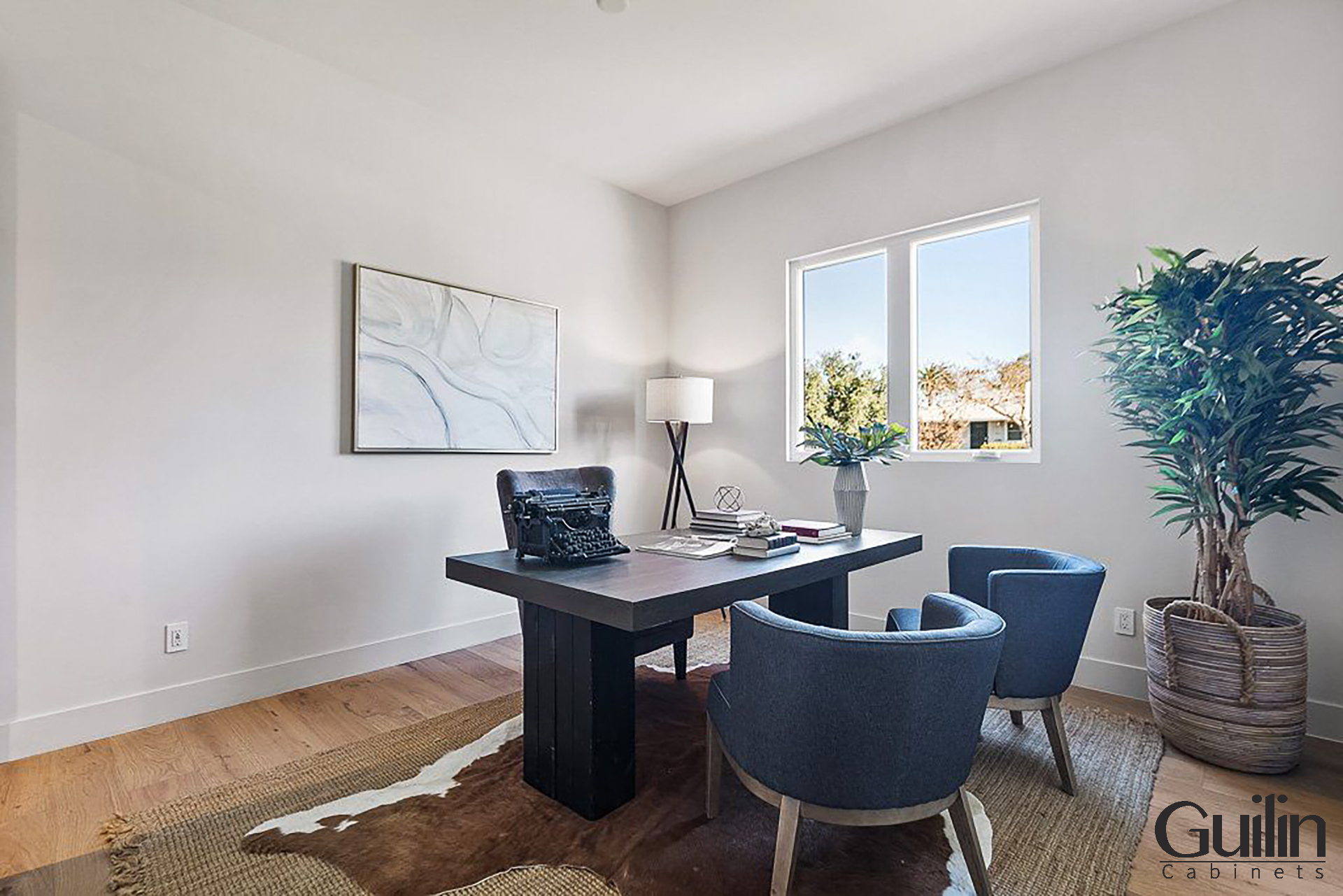
FAQs – Fixed vs. Casement Windows:
In Short, What are fixed windows and casement windows?
Fixed windows are non-operable windows that do not open or close, while casement windows are hinged windows that open and close by swinging either inwards or outwards.
What are the advantages of fixed windows?
Fixed windows provide unobstructed views and allow maximum natural light into a room. They are also highly energy efficient and provide excellent insulation.
What are the advantages of casement windows?
Casement windows offer superior ventilation and can be opened to catch breezes from multiple directions. They also provide a tighter seal when closed, improving energy efficiency.
Which type of window is better for security?
Casement windows with multipoint locking systems offer better security compared to fixed windows. The design of casement windows makes them more difficult to force open from the outside.
Which is better for energy efficiency, fixed or casement windows?
Both fixed and casement windows can be energy efficient, but fixed windows have a slight edge due to their ability to create a tighter seal.


